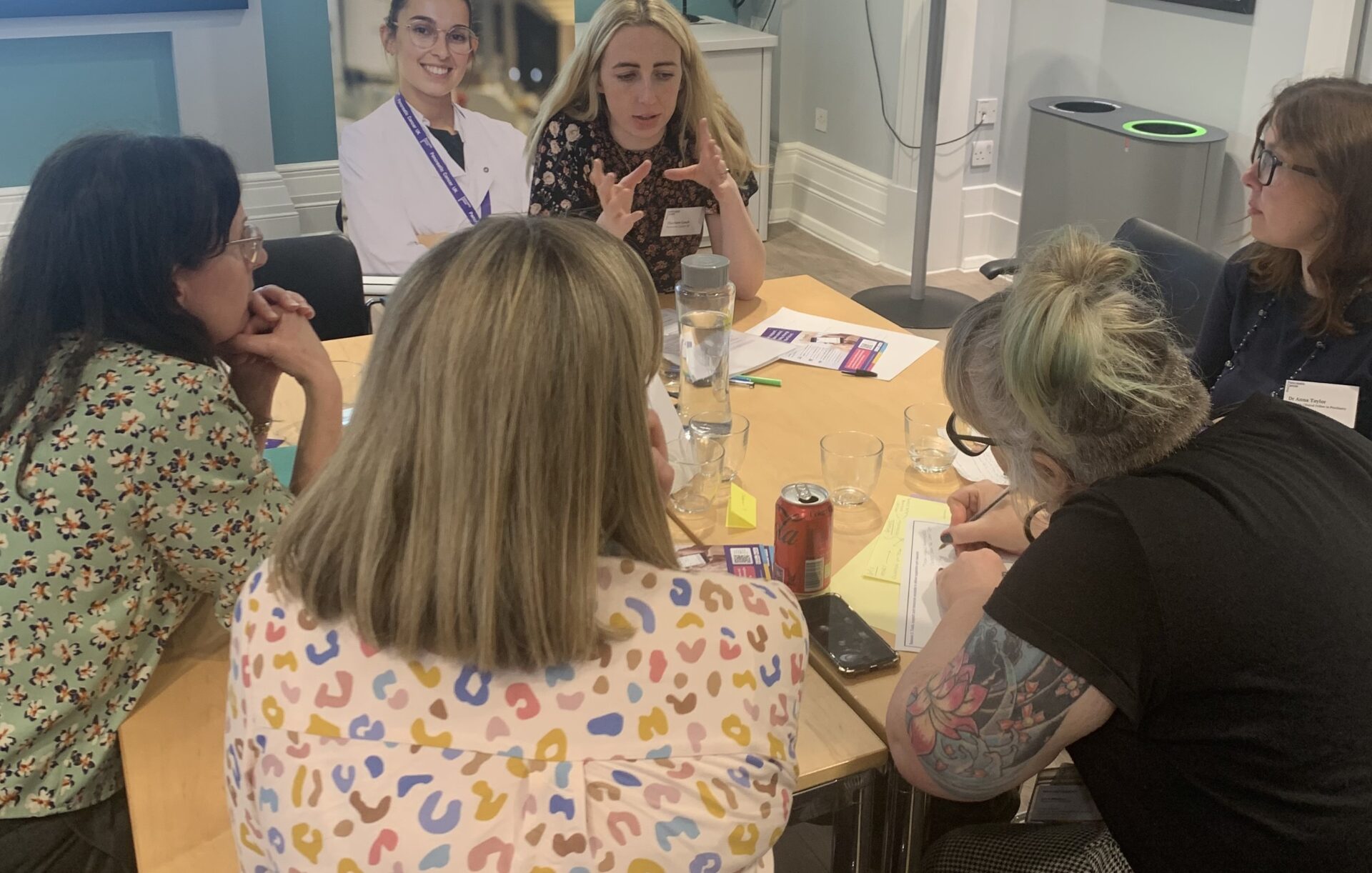Why is your involvement important?
Involving people with lived experience at all stages of the research process ensures that the research being conducted is relevant to the needs of people affected by pancreatic cancer.
This means moving beyond thinking of people with lived experience as participants in a study, but as partners in setting research priorities, recommending the research that should be funded and guiding researchers with their work.
As a member of our RIN, you can share your experiences to inform and influence research projects. Research ideas which have been informed by lived experience are not only more likely to be more relevant to clinical practice; they are also more likely to be awarded funding.
How does it work?
To join our RIN, you will need to complete a short application form which will ensure you receive our monthly RIN email bulletin.
At the beginning of each month the Research Team will send the bulletin to RIN members which includes the latest opportunities to get involved in pancreatic cancer research. This can include any researcher who is undertaking a project in pancreatic cancer research, not just our current grant holders or researchers applying to our funding schemes.
The bulletin may also contain news and research updates as well as examples of ways our RIN are shaping pancreatic cancer research.
You are welcome to sign-up to any opportunities which you are interested in, and you can choose the time and opportunity which works best for you.
How much experience do I need?
All these opportunities draw upon your unique experiences as someone affected by pancreatic cancer.
You can share as much or as little of your personal experience as you feel comfortable doing. You do not need to have a research or scientific background to be a member of RIN.







